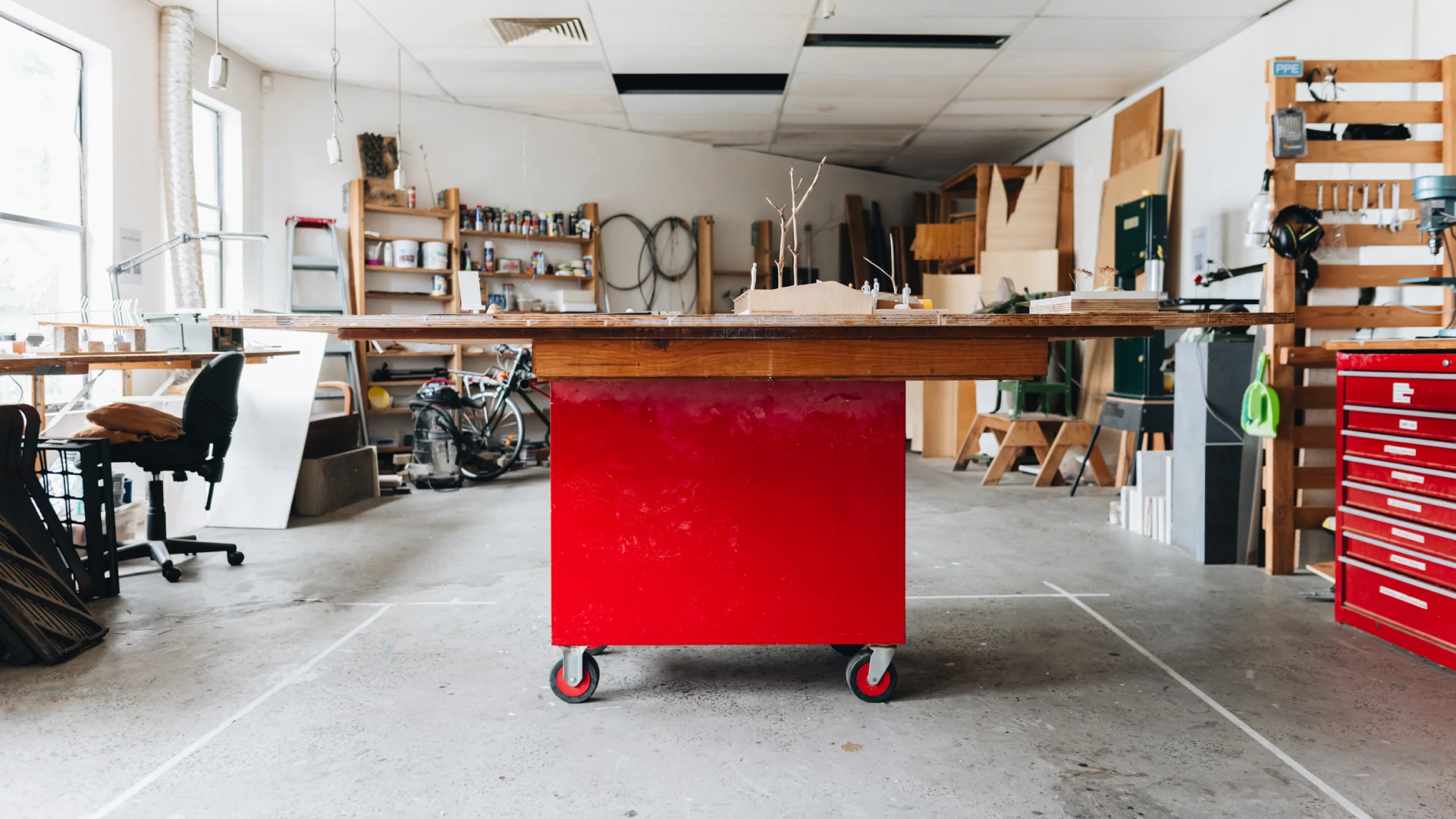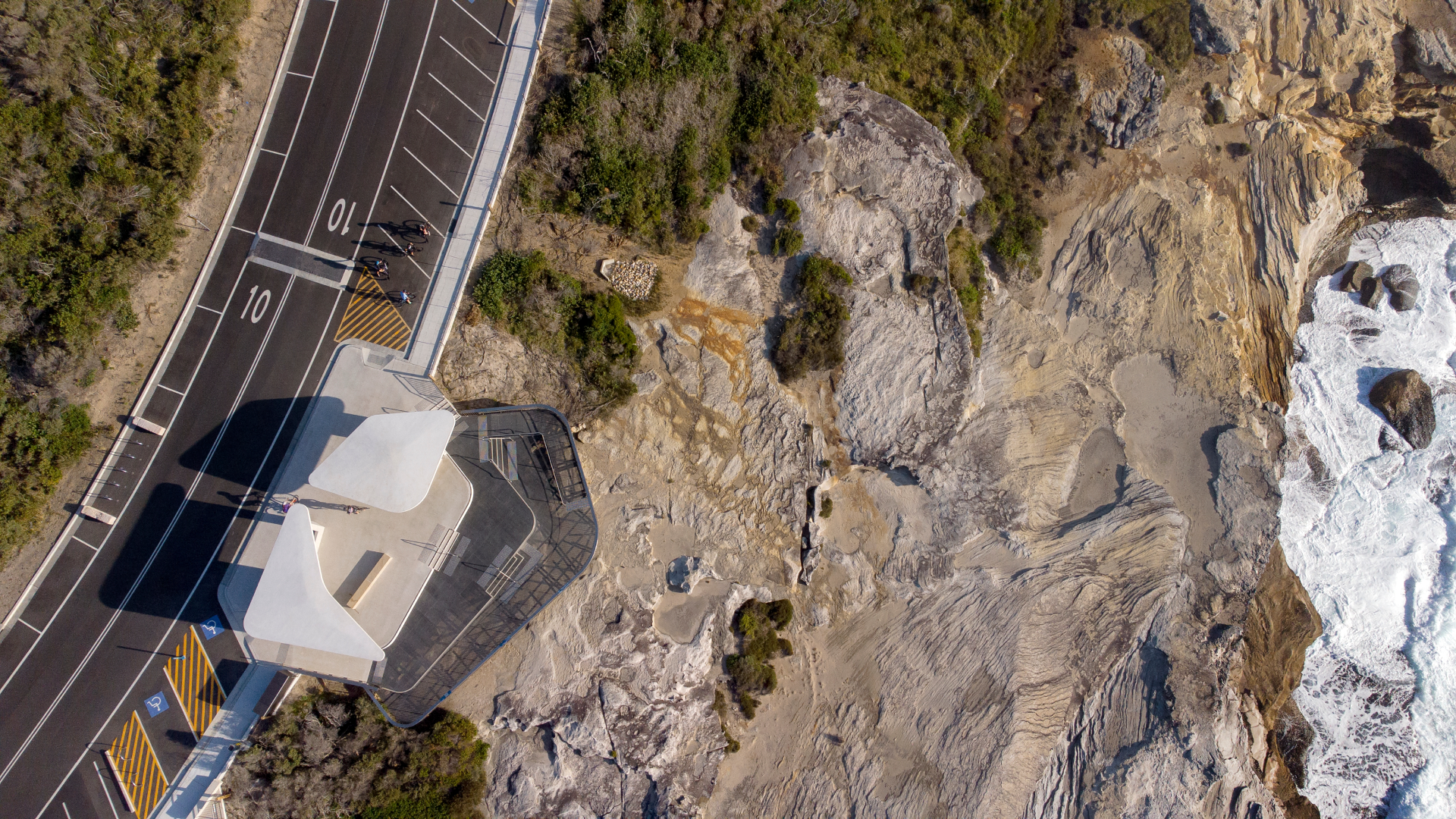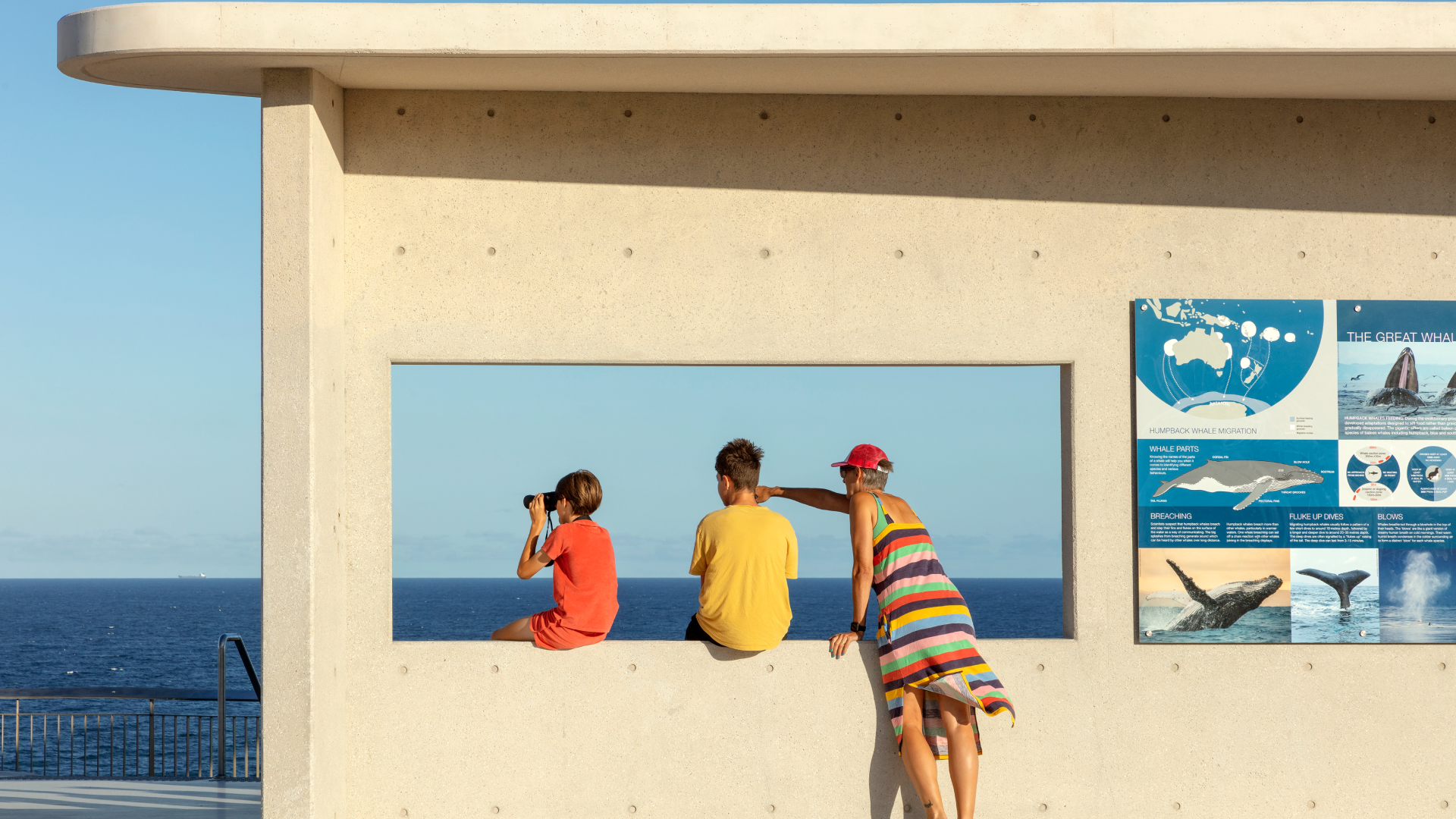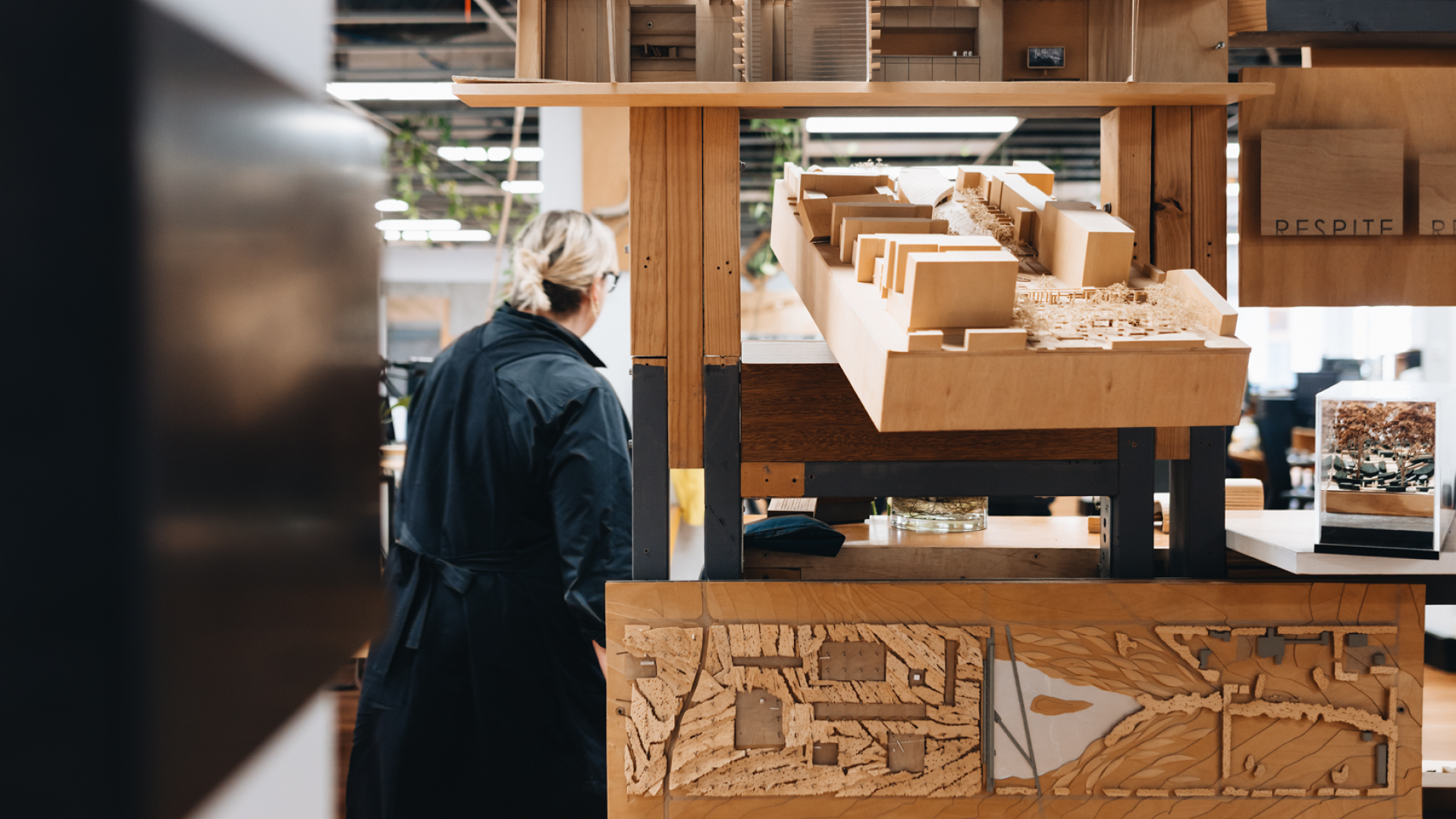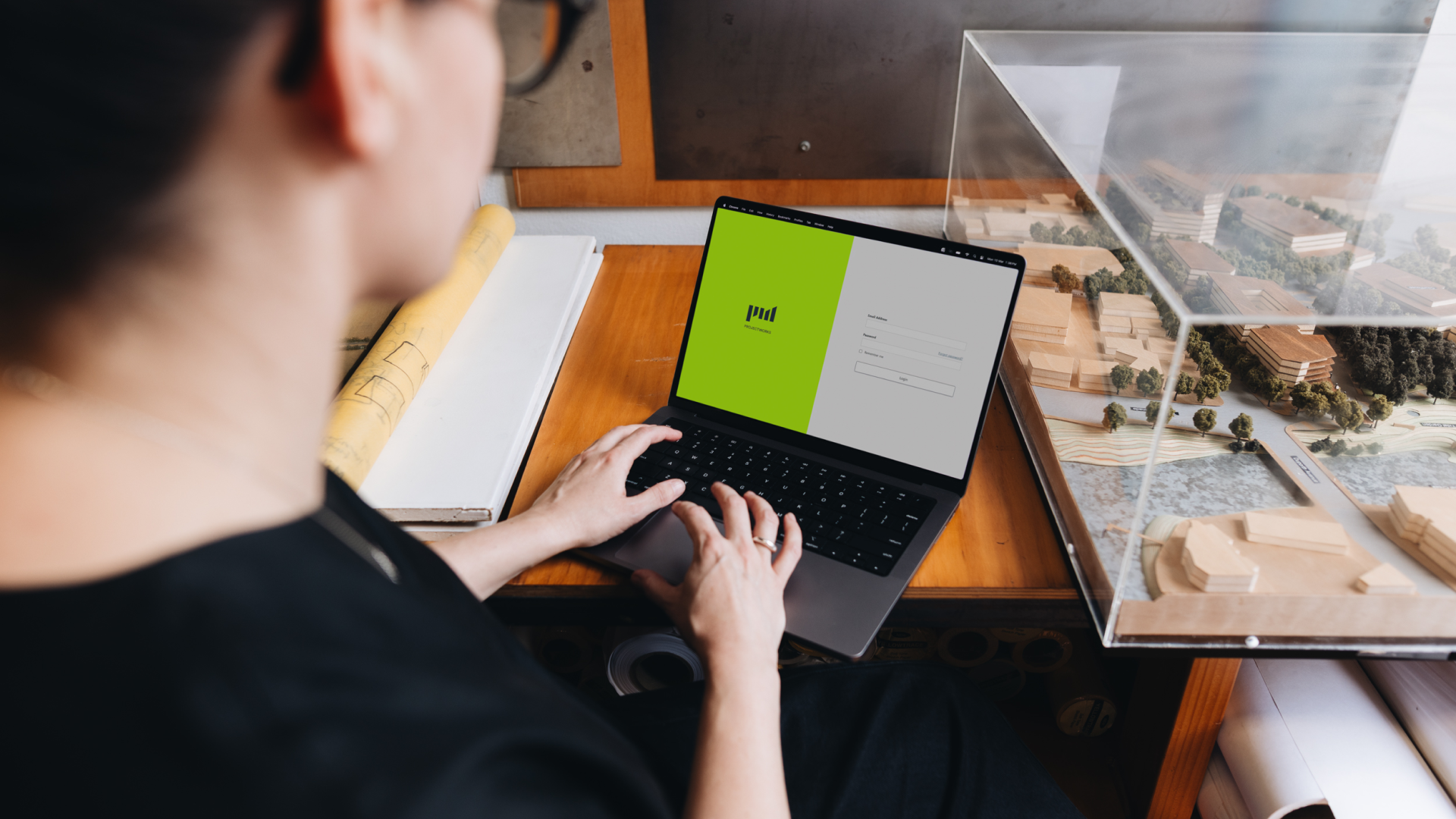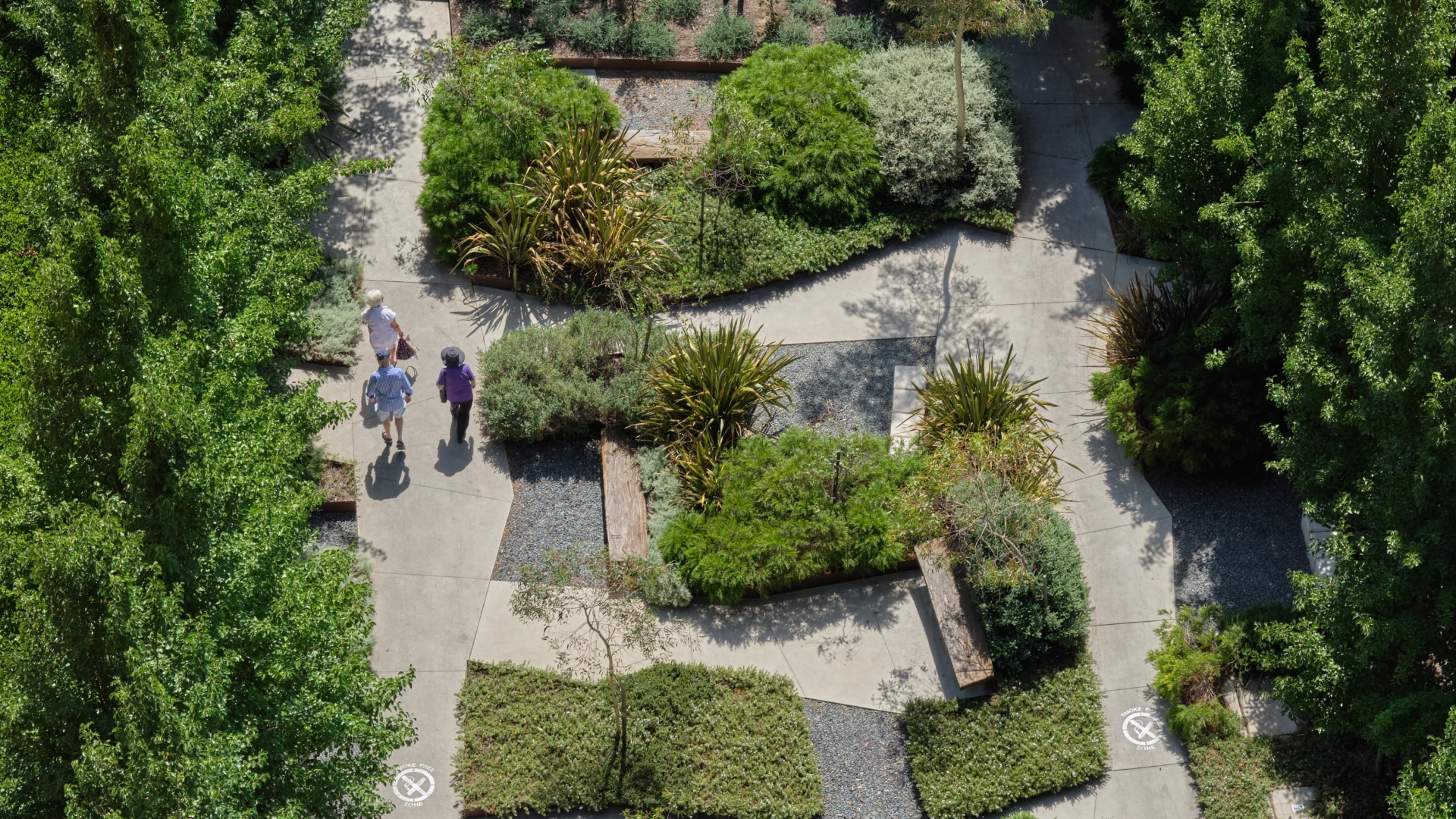
Oculus are working on something exciting.
Spoiler alert - it's not spreadsheets - it's creating some of Australia's most incredible public spaces. But as Vicki Earle - their Finance & Operations Director - saw it, too much of Oculus' creative energy was being swallowed by their manual project management systems - aka spreadsheets.
For a studio already recognised – and awarded – for their designs, this wasn’t just about fixing operational problems—it was about unlocking the Oculus team’s full creative capacity.
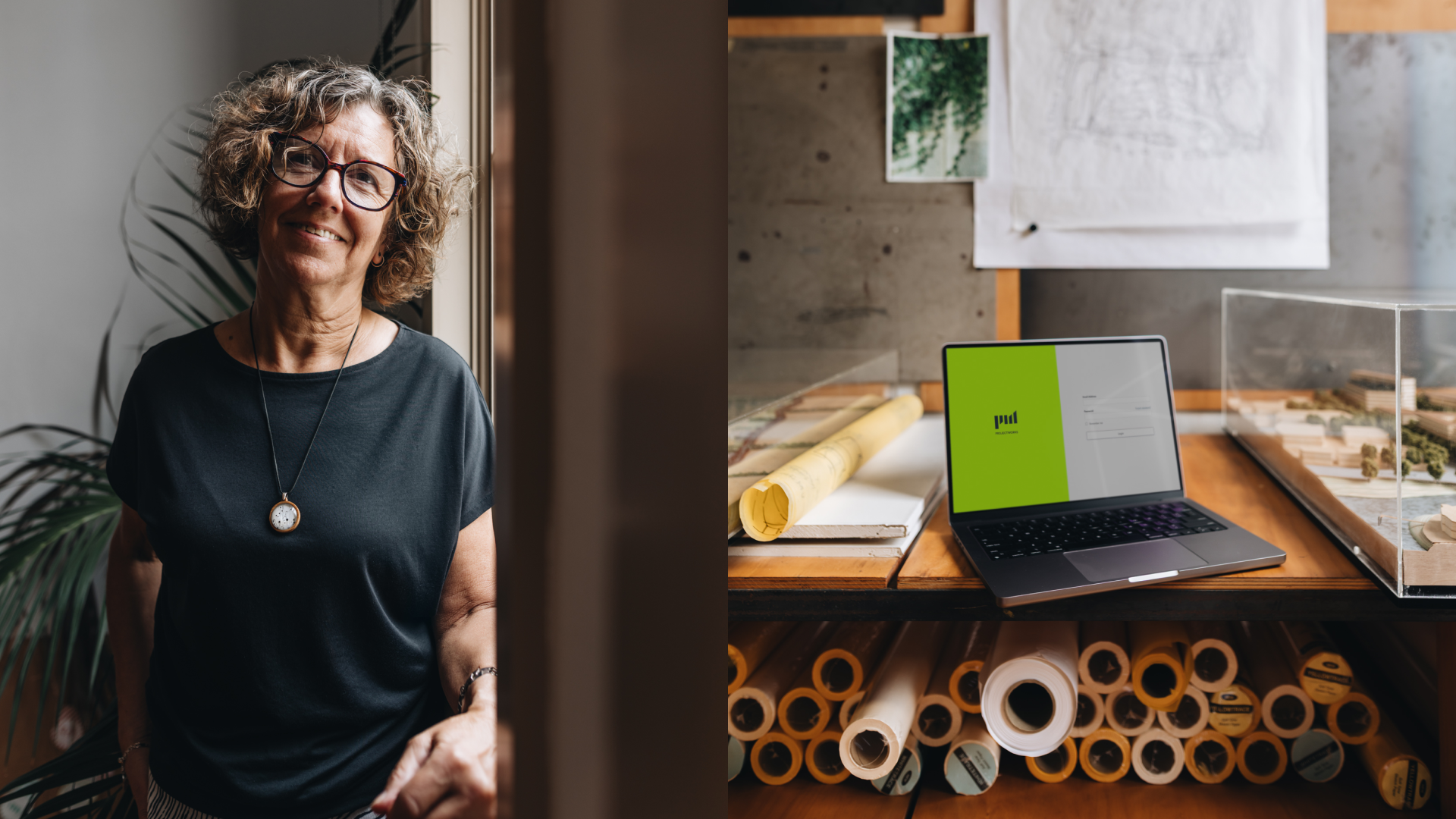
The creative minds behind inspired urban spaces.
With studios in Sydney, Melbourne, and Canberra, and a sibling studio in Washington, over three decades Oculus has built a reputation for creating public spaces that transform communities.
Stroll through any of their award-winning spaces – Wesley Place in Melbourne, Cape Solander in Sydney - and you’ll see it for yourself : children playing on playgrounds that double as public art; office workers unwinding in pocket parks; families gathering in spaces that feel grand yet intimate.
When creativity gets buried under spreadsheets.
Since joining Oculus in 2008, Vicki Earle had watched the firm grow from a tight-knit team to a multi-studio practice. As the projects got bigger and more complex, so did their operations – and the tangle of disconnected spreadsheets they were using to manage them. By 2020 Vicki found herself, and Oculus’ project leads, lost in the spreadsheet chaos.
The Challenge
Oculus' spreadsheet tangle created a host of challenges:
- Admin Tax. For boutique firms like Oculus that want to grow their impact, while maintaining a close-knit intimate headcount, the admin tax is especially costly – it was eating up 15-20% of their team’s time every week, bottlenecking their creative capacity.
- Data Doubt. “You were never quite sure what you were looking at was accurate,” Vicki recalls. “You’d have to manually update spreadsheets, find information, compile data... whereas with Projectworks, it’s all there, live.”
- Decision Bottlenecks. Without direct access to financial data, project leaders weren’t equipped to make budget and resourcing calls in the moment, slowing projects down.
- Siloed Studios. Every studio ran its people and projects slightly different, so coordinating work across three studios took valuable time away from client work.
For Oculus' Associate Director Peta Miskovich, this wasn't just about getting a bunch of talented architects out of the spreadsheets and back to work. It was about changing the way they directed their creative energy.
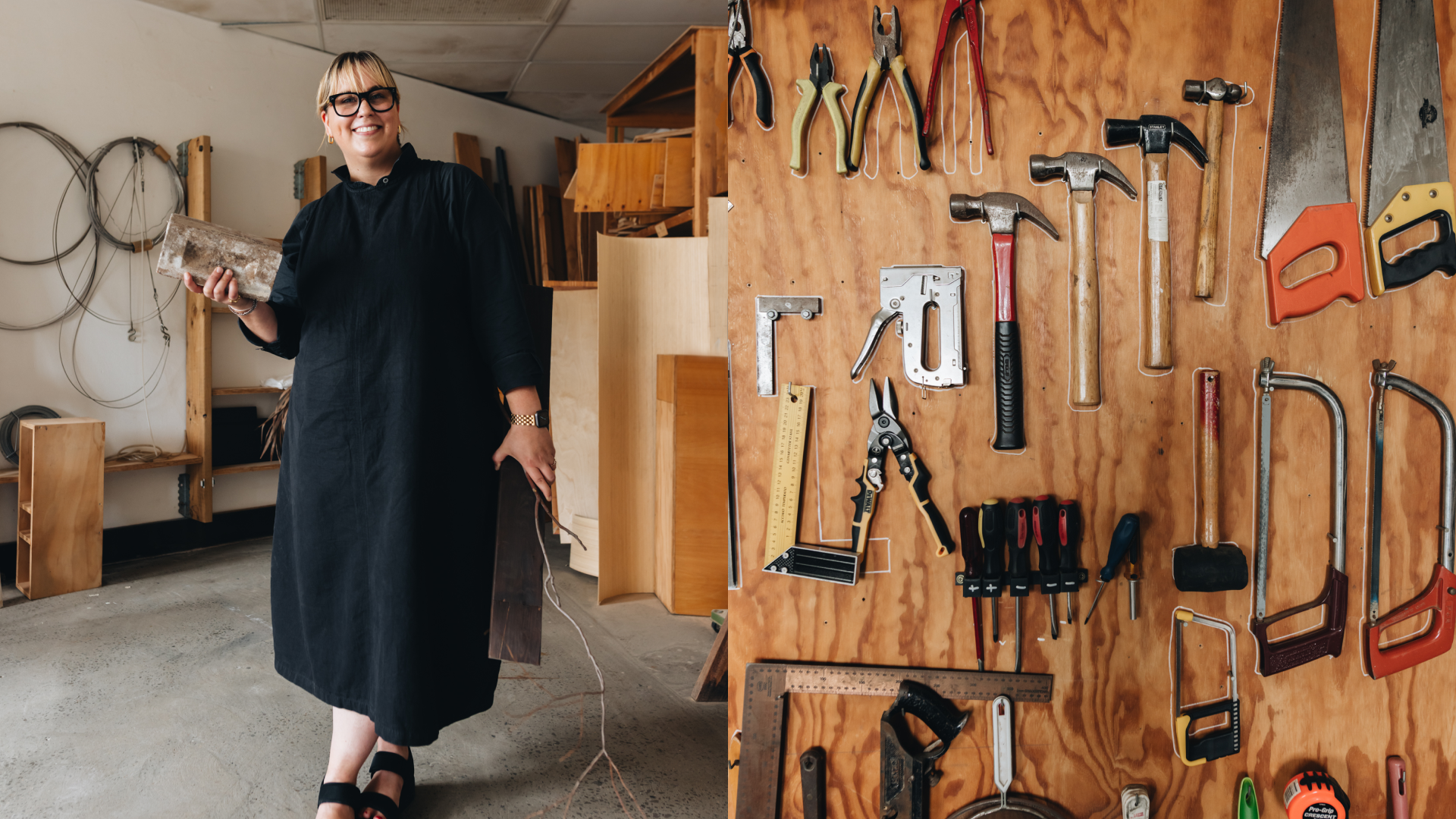
An intelligent upgrade
Vicki tackled this project systems upgrade with the same thoughtfulness that defines Oculus’ work. For Vicki this wasn’t about fixing an operational project - it was about removing barriers to the team's creativity.
- 1. No new hurdles. Vicki wanted to make sure this new system didn’t create new hurdles, so she used a rare quiet moment over summer to rethink what features their team needed most, and how to deliver it to them.
Projectworks felt targeted to our size of business, everything that's in that software we use, as opposed to only using 10% of it and the rest sitting there.”
2. Get early wins. “We started with just Projectworks' timesheets, switching over when everyone came back from their summer break. Everyone immediately noticed they were easier than what we had previously,” Vicki says, allowing her to turn early wins into lasting momentum.
- 3. Equip project leaders. Oculus' project leads weren’t just trained to use the system—they became active stewards of their projects’ financial health. From Vicki's perspective this was vital for leaders who juggle creative excellence and budget realities every day:
-
- "Projectworks has given our project leaders a massive sense of pride - they're not just proud of bringing in a project, delivering a beautiful design, they're also proud of making it all happen within budget."
-
- 4. Bust the bottleneck. For Vicki, who used to have to answer every budget question and double-check every spreadsheet, the benefits of no longer being the firm's bottleneck have been massive, not just for her, but the whole team.
Accountability – that creatives love
For Oculus the move to Projectworks was never just about faster timesheets or better budgets — it was about moving the health of the business off just Vicki’s to-do list, and onto everyone’s.
1. Weeks reclaimed
The numbers speak for themselves. “Projectworks saves us a full week every month that was previously spent on administrative tasks,” Vicki says. “If we were doing it without this system, it would be so manual today.” And because she's no longer the bottleneck for every project question, Vicki's able to focus on the big stuff - Oculus' operational strategy.
2. Better decisions
Thanks to Projectworks' real-time data, project leaders can make informed decisions on the fly, rather than waiting for the next monthly report.
“It’s been a big shift—that accountability given to each of the project leaders,” Vicki says. Now, potential scope creep and budget blow-outs are spotted early, allowing project leads to balance creative ambition with budget.
This visibility has changed how Peta and her team approach challenges: “It really helps us strategize, work out where we need give more time, get smarter about how we stretch a budget. The transparency that comes through is just next level brilliant."
3. Connected teams
Thanks to Projectworks, Oculus now has a single source of truth for every project across their Sydney, Melbourne and Canberra studios. “Being able to see into the future of all our projects, not just a single studio’s, makes it so much easier to resource our people,” Vicki says.
For Peta, it’s opened new creative connections: “Now I can easily see what our teams are working on and what expertise we’re building across our studios, which is great when we’re pitching for new work,” she says.
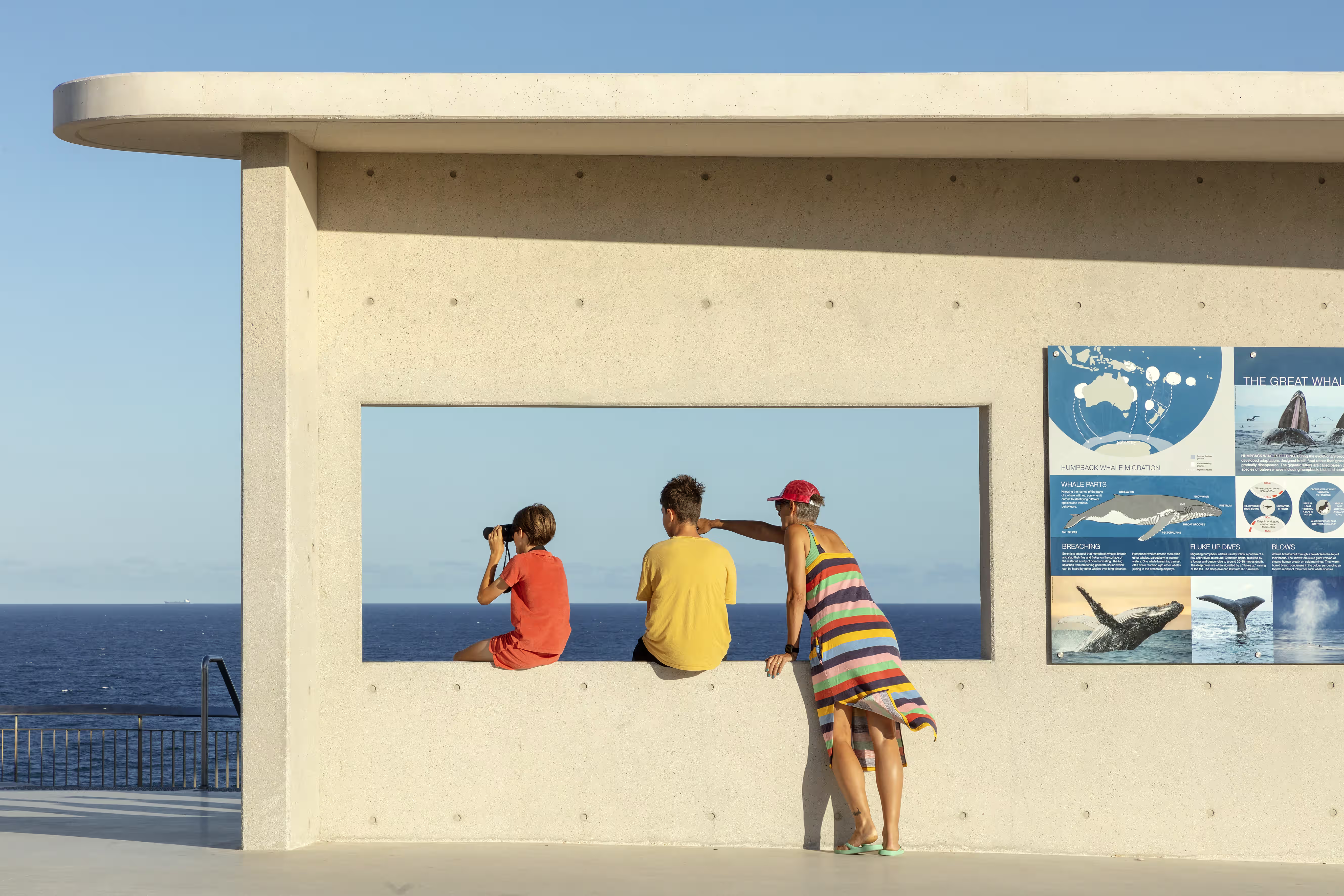
The ripple effect of Projectworks
For firms like Oculus billing creativity by the hour, operational efficiency isn’t separate from creativity—it fuels it. By cutting admin friction and giving everyone access to real-time data, Projectworks has unlocked more time and energy for the work that really matters – creating public and private spaces that people will want to spend time in, 100 years from now.
The ripple effects are real:
- Landscape architects reclaiming 15-20% of their time for creativity.
- 40 people in 3 studios collaborating seamlessly.
- Financial clarity enabling faster, bolder decision-making.
- Smoother processes allowing Oculus to take on bigger, more ambitious projects



